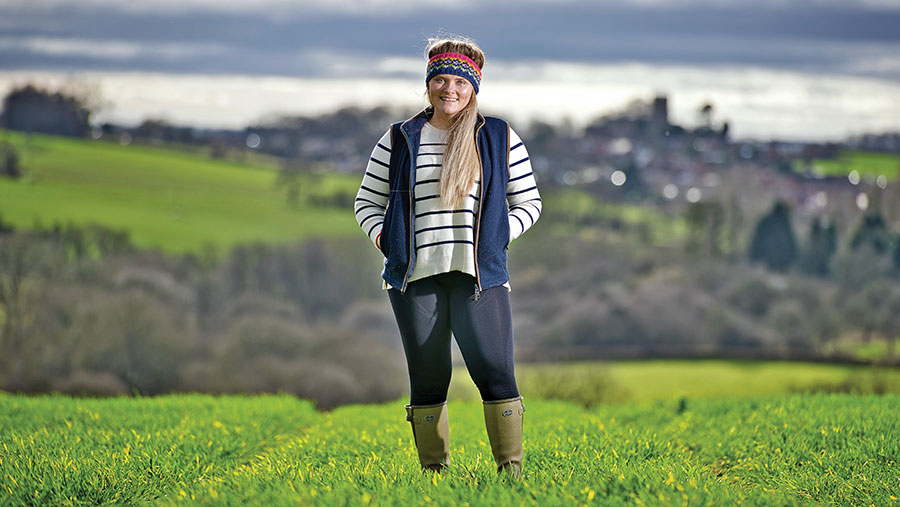Lucy Nott: We need to wean consumers off ultra processed foods
 © Richard Stanton
© Richard Stanton Ultra processed foods (UPFs) have been in the news, with their consumption linked to heart, kidney and liver disease, obesity, cancer and depression.
If you are unfamiliar with the term, a UPF is an industrially formulated edible substance produced for high profit, convenience and hyperpalatability.
Put simply, it contains ingredients that you wouldn’t find in your own kitchen.
We have made a big effort to reduce our family’s intake of UPFs and eat a majority whole-food diet recently, and this got me thinking about how farmers might contribute to the discussion around the nation’s UPF consumption.
See also: Lucy Nott – it’s been a year of rebuilding myself
British agriculture produces delicious fruits, vegetables, dairy and meat. So it would be easy for farming to take the moral high ground and profess that everyone should switch to British whole foods.
However, it is important to recognise that a large amount of our products (such as grains) are sold to companies who produce UPFs. We rely on these sales each year and, through no fault of our own, are part of the UPF supply chain.
UPFs account for roughly 60% of the average UK person’s diet. A scary statistic, but when you consider that mainstream sliced bread, yoghurts and breakfast cereals are all UPFs, it is understandable.
UPFs are affordable and, therefore, often the only option for most low-income households. Lots of UPFs also offer time-saving benefits and shoppers choose convenience over nutritional value.
This is the food landscape that our “Buy British” PR is competing in. About 75% of the world’s calorie intake is produced by six companies, so shoppers (unknowingly) have been wired in favour of UPFs.
It is positive news that Aldi will be launching a “Best of British” section on their website, where shoppers can browse home-grown produce.
However, as these are likely to be whole foods, the majority of British consumers will scroll past.
There are large societal issues that need to be addressed to see a true change in Britain’s UPF consumption.
The world will never be rid of UPFs, but we can hope that their consumption will reduce and conscious whole-food shoppers will be guided towards high-quality British produce.

